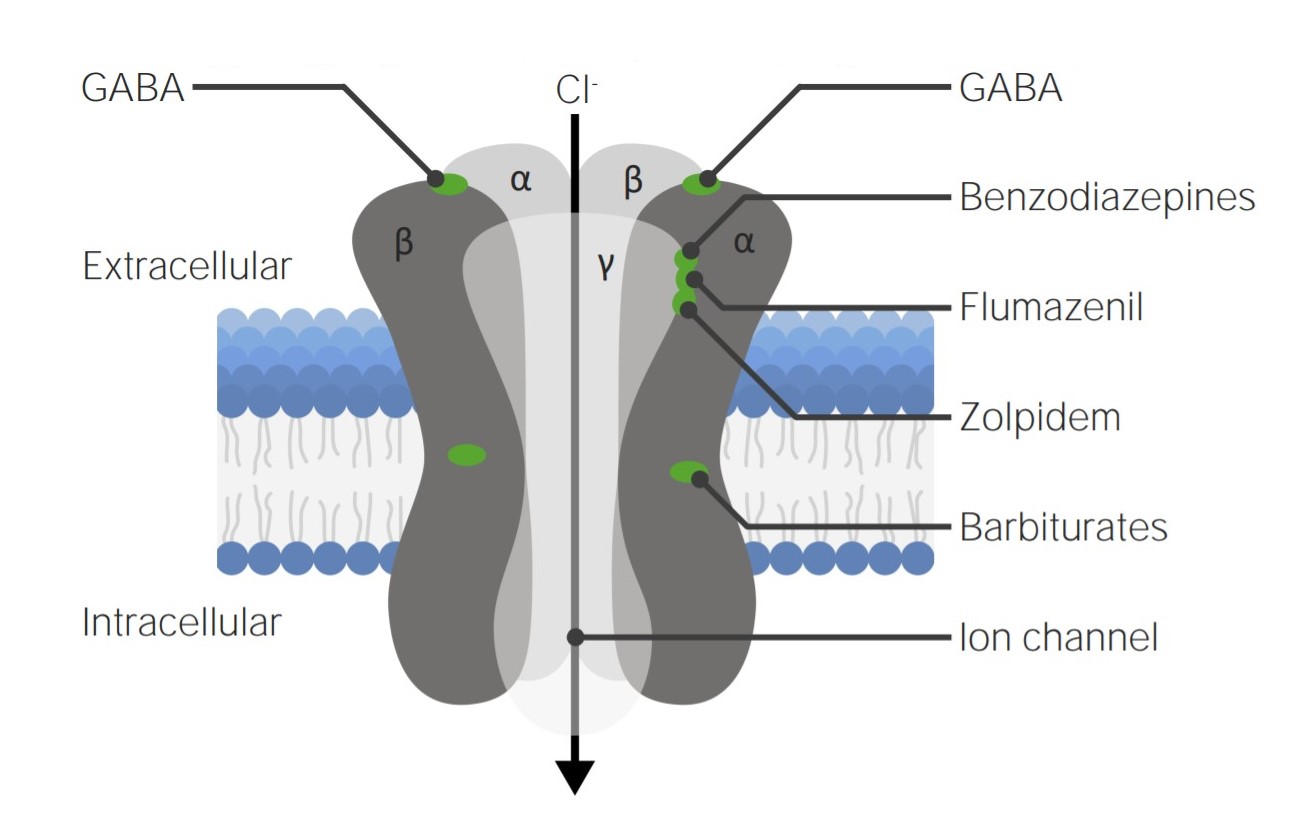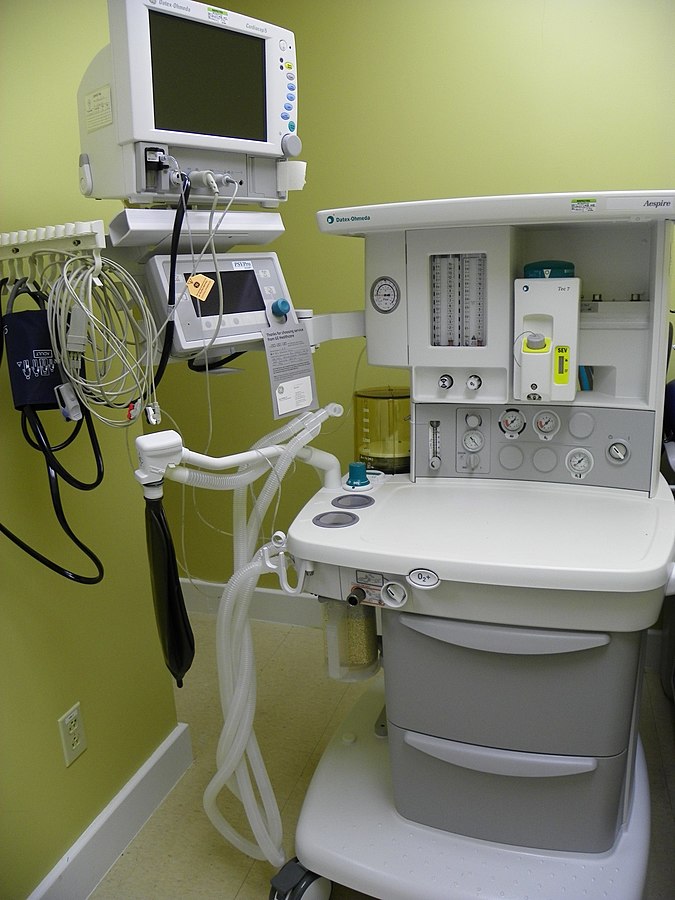Playlist
Show Playlist
Hide Playlist
Induction Drugs – Gases and Induction Drugs
-
04 - Gases and Induction Drugs.pdf
-
Download Lecture Overview
00:00 Induction drugs are the drugs that we give intravenously to help people go to sleep. And, the bottom line with induction drugs is, they have to be rapid onset and pleasant. And they should wear off fairly quickly, so that the patients can be turned over to vapours as soon as possible. Thiopentone is the classic induction drug and it's been used since Pearl Harbor basically, December 7, 1941 when it was widely used after the attack on Pearl Harbor and perhaps hypothetically, it's often stated that more US soldiers died from Pentothal, than they did from Japanese bullets. I think that's probably unlikely, but it was the first time it was widely used, and it was a very potent drug, and potentially very dangerous, and they didn't know how to use it. Propofol, which is the cardiologist drug of choice if you think of Michael Jackson or Joan Rivers from the ENT surgeon, this is a drug that has become extremely popular, but can be horribly mismanaged by people who don't understand how to use it. It's the commonest modern induction drug. It has a very rapid onset, although not quite as fast as Pentothal, but a more rapid recovery then Pentothal, and much less hangover than Pentothal. It also has some antiemetic effect, so it produces little nausea and vomiting, and in fact, we can actually give it as a antiemetic during the surgery. 01:32 It does however produce myocardial depression, as does Pentothal. 01:38 Unfortunately, Propofol also produces decreased vascular resistance, cause dilatation of peripheral blood vessels, so profound hypotension is not uncommon during induction with this drug. It's not suitable for unstable patients. It is however useful as an intravenous sedative or it can be used as the primary anesthetic without a vapour. This is known as total intravenous anesthesia, or TIVA. Ketamine, we've mentioned briefly previously, it can also be used as an induction drug. It actually is an effective analgesic, which none of the other induction drugs are, but it does produce that Emergence Phenomena I mentioned to you. It supports cardiovascular function by increasing heart rate and blood pressure moderately. It's often used in unstable patients and the Emergence Phenomena can be reduced by adding a benzodiazepine, such as Lorazepam or Midazolam late in the case. Etomidate is also an induction drug, and it's been used in the US since 1975, but in my country, Canada, it's only been used since 2005, because of the very small market for it, in Canada. It supports cardiovascular systems in trauma patients, but causes adrenal suppression. And some recent studies have suggested that there's an increase death rate in patients who receive Etomidate, with no evidence during the surgery itself that it's causing any risk. But it may be useful in patients with brain trauma because it does maintain cerebral oxygenation and cerebral blood flow, at the time of induction.
About the Lecture
The lecture Induction Drugs – Gases and Induction Drugs by Brian Warriner, MD, FRCPC is from the course Anesthesiology: Introduction.
Included Quiz Questions
Which of the following statements about propofol is TRUE?
- It can produce profound hypotension.
- It has little or no effect on the heart.
- It is very easy to use and has a very wide safety margin.
- It produces profound analgesia, so it can be used without supplemental opioids.
- It has a slow onset of action.
Which of the following combined anesthesia induction drugs may cause myocardial depression?
- Thiopental and propofol
- Propofol and ketamine
- Ketamine and etomidate
- Etomidate and thiopental
- Propofol and etomidate
Which of the following statements about ketamine is TRUE?
- It may increase the heart rate.
- It has no analgesic properties.
- It may cause hypotension.
- It is not suitable for unstable patients.
- It causes adrenal suppression.
Customer reviews
5,0 of 5 stars
| 5 Stars |
|
5 |
| 4 Stars |
|
0 |
| 3 Stars |
|
0 |
| 2 Stars |
|
0 |
| 1 Star |
|
0 |





